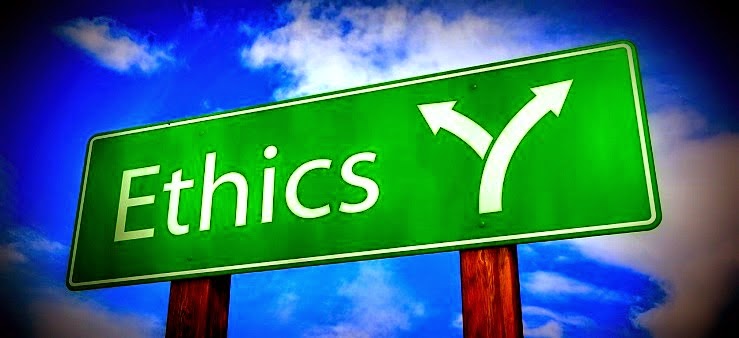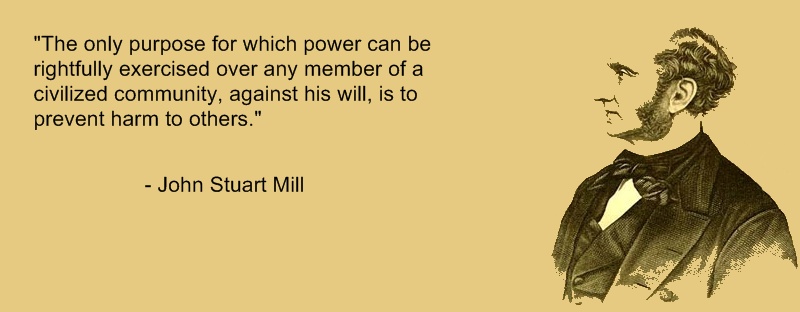I understand Nietzsche’s philosophy, but I do not agree with everything that he says. He states that moral values were invented by the weak to protect the weak. By having this set of values an individual is given the opportunity to blame someone else for his action or given the opportunity to excuse his action. What this means is that the person is being allowed to separate his or herself from what he actually does. This is a silly way to view things since we can't say that our actions don't determine who we are as a person when action are exactly what determines who we are.
I also understand that we cannot just allow the strong to take advantage of the weak simple because they are strong; so the question is, should we use moral values as a way to protect the weak, or should we allow the strong to show their strength with strength instead of weakness?




